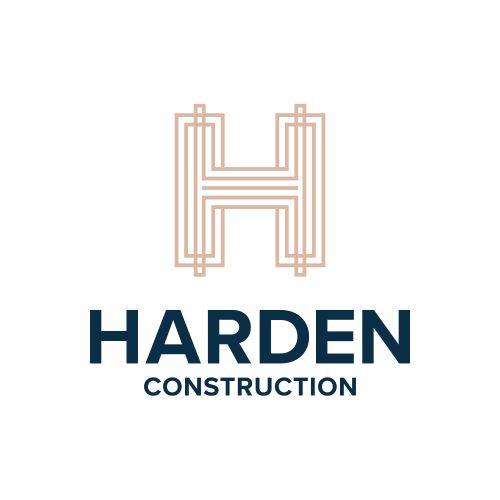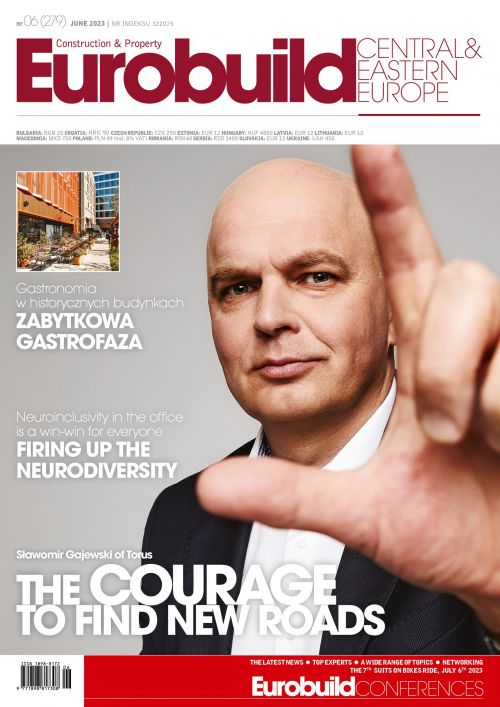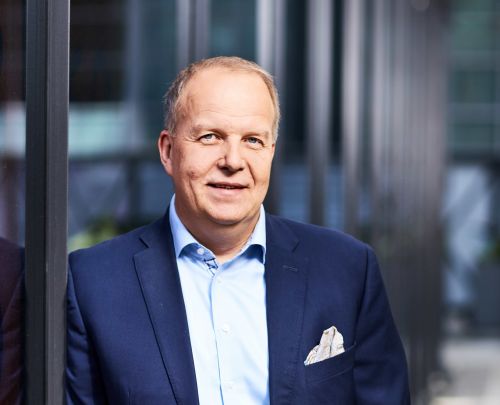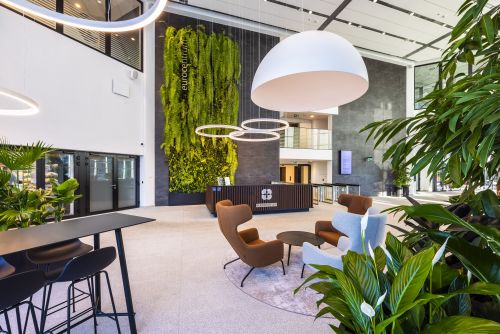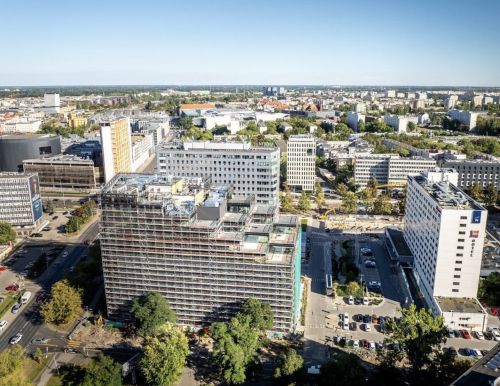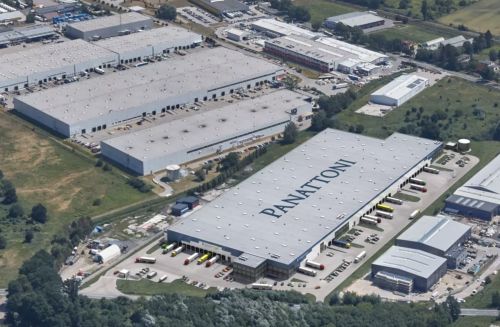According to the Poland Hotels & Chains report by Horvath HTL, the previous year was a very successful one for the hospitality sector. “In many ways, 2022 witnessed an extraordinary recovery. RevPAR levels in many destinations reached pre-2019 figures, and for the first time in a very long time, a significant amount of this was driven by increases in room rates. Hoteliers have for many years responded to any kind of crisis by dropping their prices, but this time it was different. A combination of the incredible pent-up demand, supply that was still limited, and a series of large-scale events saw travel go through the roof. Rarely have we seen such a surge in rates, so clearly the industry is back,” reads the report.
Hotel chain operator Accor is also ebullient about the perceived recovery, while also admitting that we are not quite there yet. “The pandemic was definitely one of the most unprecedented situations to affect the hotel sector. It should be noted, howe






















